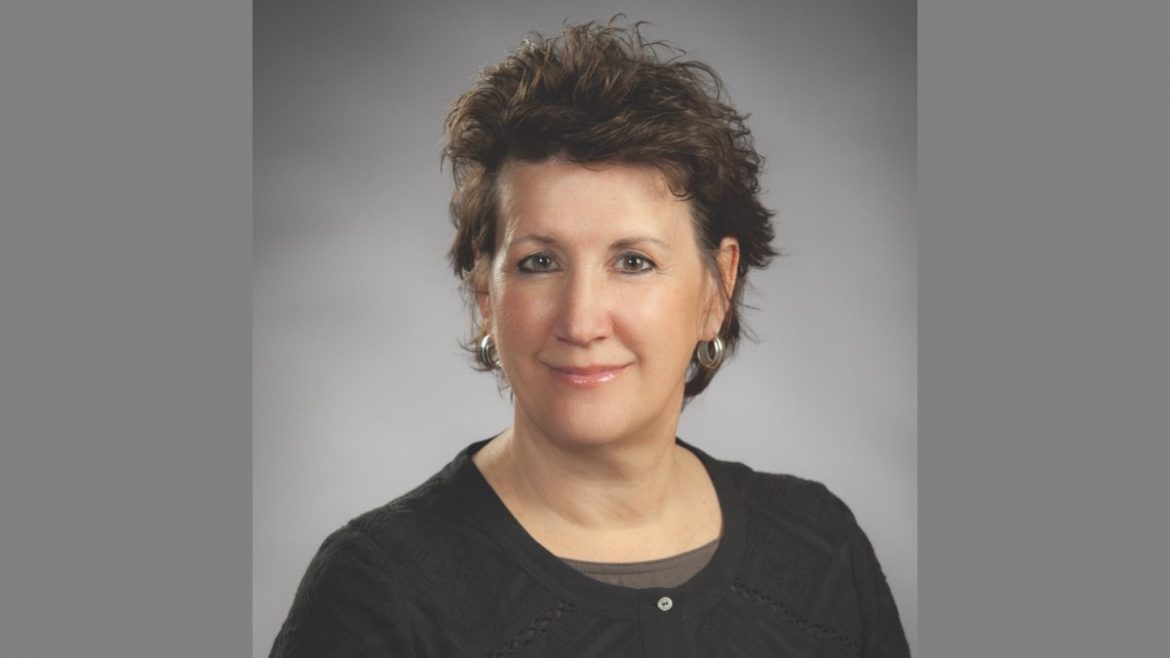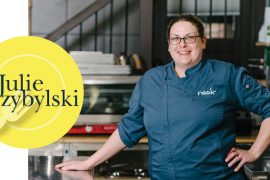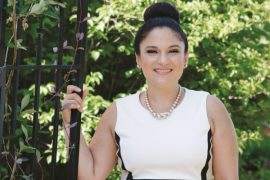By Candice Wagener | Photo courtesy UnityPoint Health – Meriter
Graduating with a bachelor’s degree as a medical technologist, Sue Erickson envisioned her career path in a laboratory setting. Today, Erickson is the COO at UnityPoint Health and celebrates a 33-year career within Meriter/UnityPoint Health. She credits mentorship, collaboration and getting uncomfortable for moving her career in unexpected directions.
It was just after earning her master’s degree in business from Edgewood College, which she intended to use to move up to a director position at the lab she was working in, that a mentor encouraged her to consider a director role at Meriter Home Health.
“I was hesitant to do it because it was moving out of where I was comfortable, but I think it was one of those growth experiences where you are really challenged to move away from the work that you’re the expert at into work where you really have to rely on the team around you and their skill set, and really lead in that space,” says Erickson.
From there, she moved into administrative roles at the hospital, eventually becoming CEO in 2018.
She was well-positioned to help Meriter seek out partnerships, which led to the affiliation agreement with UnityPoint Health, as well as a stronger relationship with UW–Madison. This past summer she was promoted to COO for UnityPoint Health, coordinating their hospital systems throughout the Midwest.
Despite improvements in leadership equity in the healthcare industry, Erickson was notably the first female CEO of Meriter in its 100-plus year history and is UnityPoint Health’s first female COO. The challenges of being the breakout female, says Erickson, are not due to external friction with colleagues but, rather, internal dialogue. “It’s that imposter syndrome: ‘Am I good enough to do this job?’ Usually it’s not the people coming at me, it’s usually me coming at the role that I have to navigate through.” There’s been unquestionable pressure to perform at a high rate of competence, given Erickson has led through both a pandemic and building strong partnerships for Meriter to thrive.
Her key tools include:
- Collaboration: both brainstorming ideas within her team and bouncing ideas off her mentors.
- Humility: adapting to being the leader of subject matter experts, not necessarily the expert.
- Open communication: leading with a flexible perspective, encouraging counterarguments to find the best solutions.
It’s not the career path she imagined, but she’s grateful she listened to her mentors and got uncomfortable.
“I used to work on the night shift as a medical technologist and now I’m working with nine different regions … [my] career took a path on its own,” says Erickson. “Sometimes people see things in you that you don’t see within yourself. It’s okay to step up to those challenges … It’s okay to be afraid and intimidated sometimes … trust in yourself and know those are normal emotions that you’re going to go through.”
Read more from our “What Women Want at Work” feature here.




